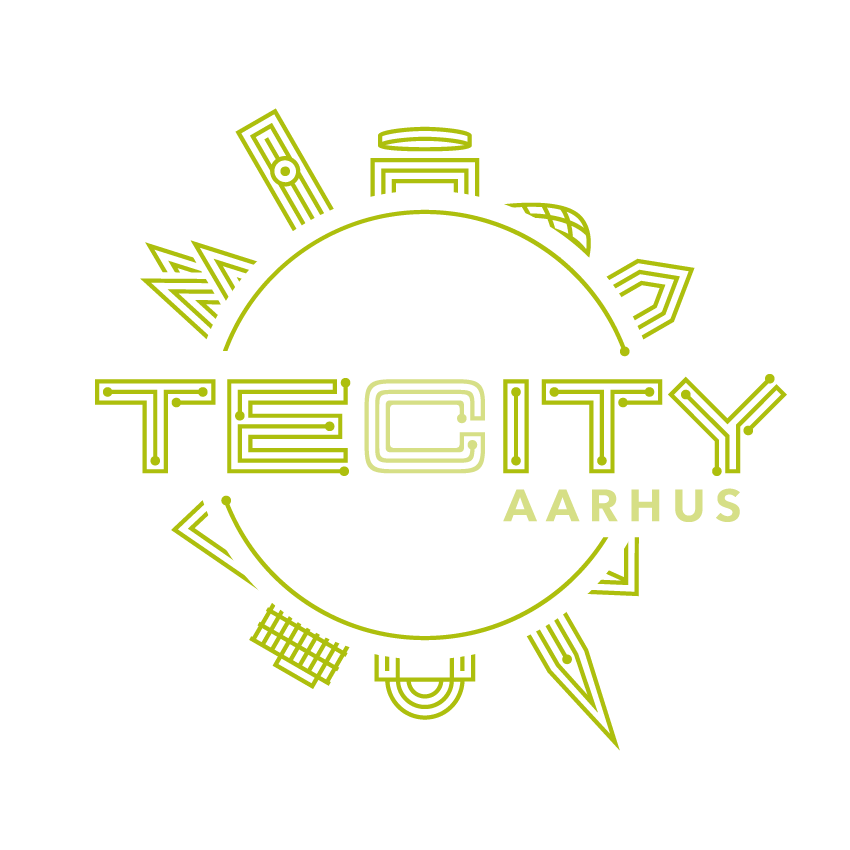It started by accident, but now the Startup of the Week has sold 12,000 units in a year

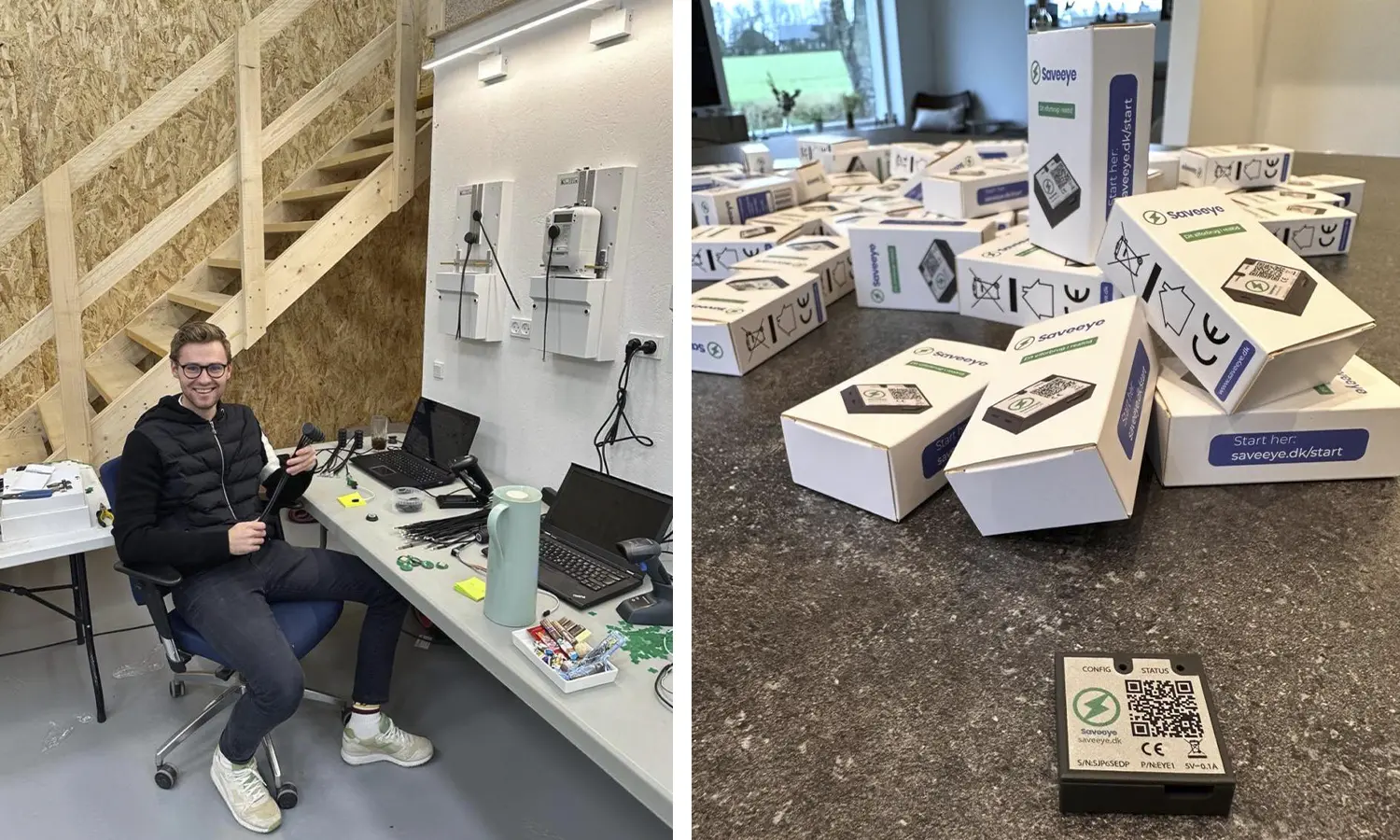
He was really just doing a fairly standard electrician’s job. He needed to draw some power and install some spotlights. But the customer was serial entrepreneur and angel investor Erik Hougaard, and although Tobias Maretti Schou was already co-owner of an installation company, the chance meeting became the starting point for a joint startup.
“I remember him asking: ‘You’ve got something going on, don’t you? Wouldn’t it be fun if we started a business together one day?” Tobias Maretti Schou says with a laugh, adding that perhaps it was because he managed to sell some extra electronics to Erik Hougaard and his family during the project that the serial entrepreneur saw a light in the young electrician.
The timing was such that shortly afterwards, a disagreement arose in the electrical company, which meant that Tobias Maretti Schou called Erik Hougaard back to see if the offer to start something together was serious. And it was.
“He had just made the first prototype of something new: a device that could measure power consumption in real time on the switchboard. He had posted it on an energy forum on Facebook and 25 people wanted to buy the device. So he was ready to put it into production and see what it could do. And I was on board with that,” says Tobias Maretti Schou.
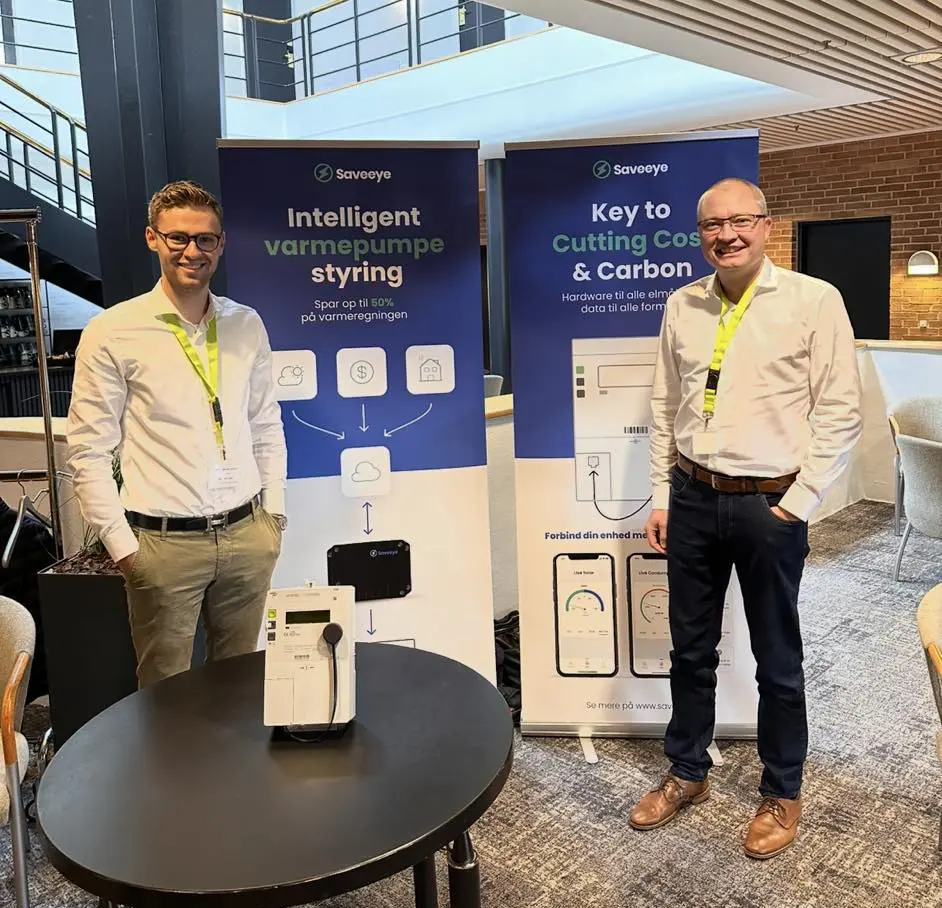
Quickly changed the business model
Together they founded the company Saveeye, and in the midst of rising energy prices in 2022, they were able to offer a meter that could give consumers a real-time picture of their electricity consumption – so they could actually react to it immediately.
Sales got off to a good start. However, the idea of selling to consumers soon changed. Without betting on it, Saveeye began to be contacted by larger companies that wanted to buy many of their inventions at a time.
“As early as 2022, some large companies thought what we were doing was quite exciting. NRGI, Min Strøm and Monta were interested in our devices so that their customers could view data in their app. So we realized that there is a huge need for real-time data and the api access that we can offer,” says Tobias Maretti Schou.
Their first version of the sensor simply measured power consumption by counting the number of flashes on the switchboard, and NRGI bought a large batch early on to give to its customers. It was an effective solution, but the founders also realized that it wasn’t robust enough for large enterprise customers to use the data to make decisions – for example, for smart charging.
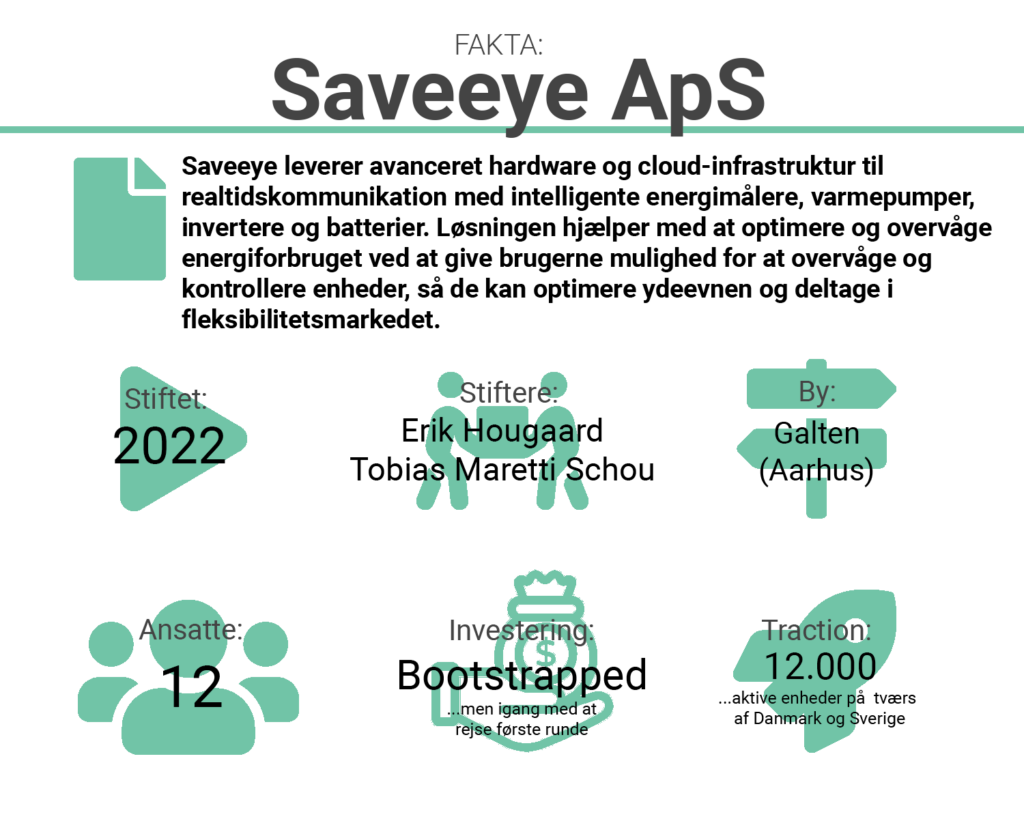
The first of its kind
After the shift to focus on B2B, Saveeye has put a lot of resources into developing a new range of meters that integrate directly with the electricity meter across the provider to make the data more reliable. And it has now succeeded.
“Data has become the core of the business, because today we are compatible with electricity meters regardless of country, and we are the only ones who can pull data from so many different meter integrations in real time and offer it in an API through our hardware integration,” says Tobias Maretti Schou and explains that the solution is sold as a combination of a one-off payment for the hardware and a subscription payment for the data platform.
Saveeye provides the integration and data platform. What the data is used for is up to customers and partners. And the startup is already involved in various use cases across Denmark and Sweden.
“We help control heat pumps and inverters. And we help a charging software operator integrate real-time data. So there are many ways to utilize the data, and we’re just getting started,” says Tobias Schou Maretti, whose customers in Denmark include NRGi, Zapp and most recently Monta.
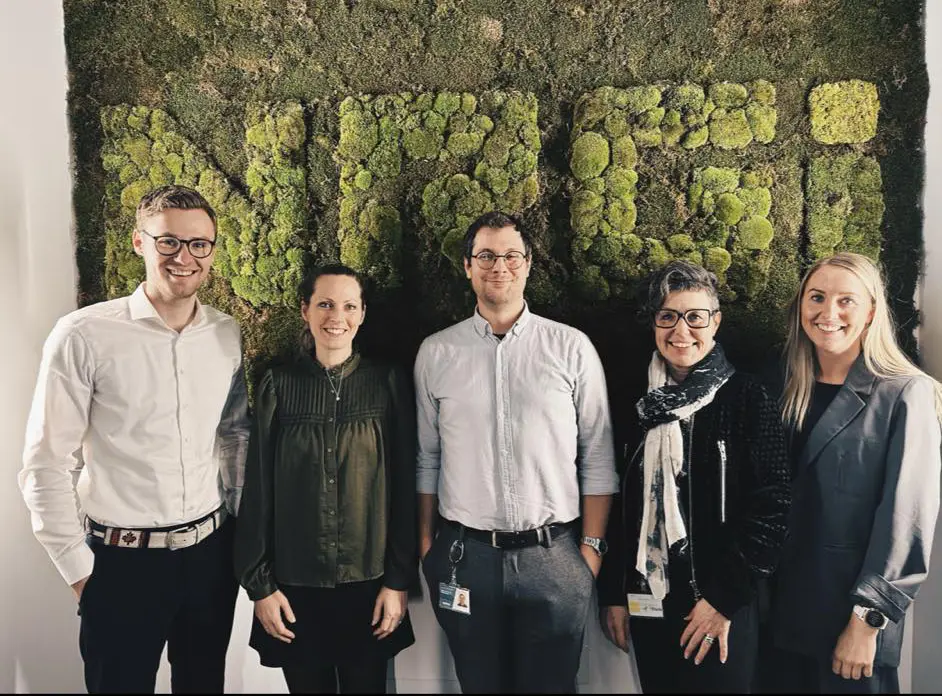
Only just started
“We started in Erik’s bamboo shed out in Galten. We sat there very primitively and programmed and had soldering irons and stuff,” Tobias Maretti Schou remembers.
Although it’s only been two years, a lot has happened in the meantime. To keep up with producing thousands of devices, production has been moved to the Philippines, so the “bamboo shed” now only serves as a warehouse. Martin Borup has been hired as Chief Operating Officer: a man who previously helped scale the airline Nordic Aviation Capital. And once the current funding round is in place, the co-founder expects to soon be able to talk about hundreds of thousands of devices in the market.
“In just over a year we’ve got 12,000 devices out – and it’s been through proof of concept and testing and everything with power companies. So it’s a bit of calm before the storm now. In Sweden alone, we have four energy companies that we have integrated so far, and only one of them is active in the field with devices. So I expect next year to be busy,” says Tobias Maretti Schou.
The post It started by accident, but now the Startup of the Week has sold 12,000 units in a year first appeared on TechSavvy.
